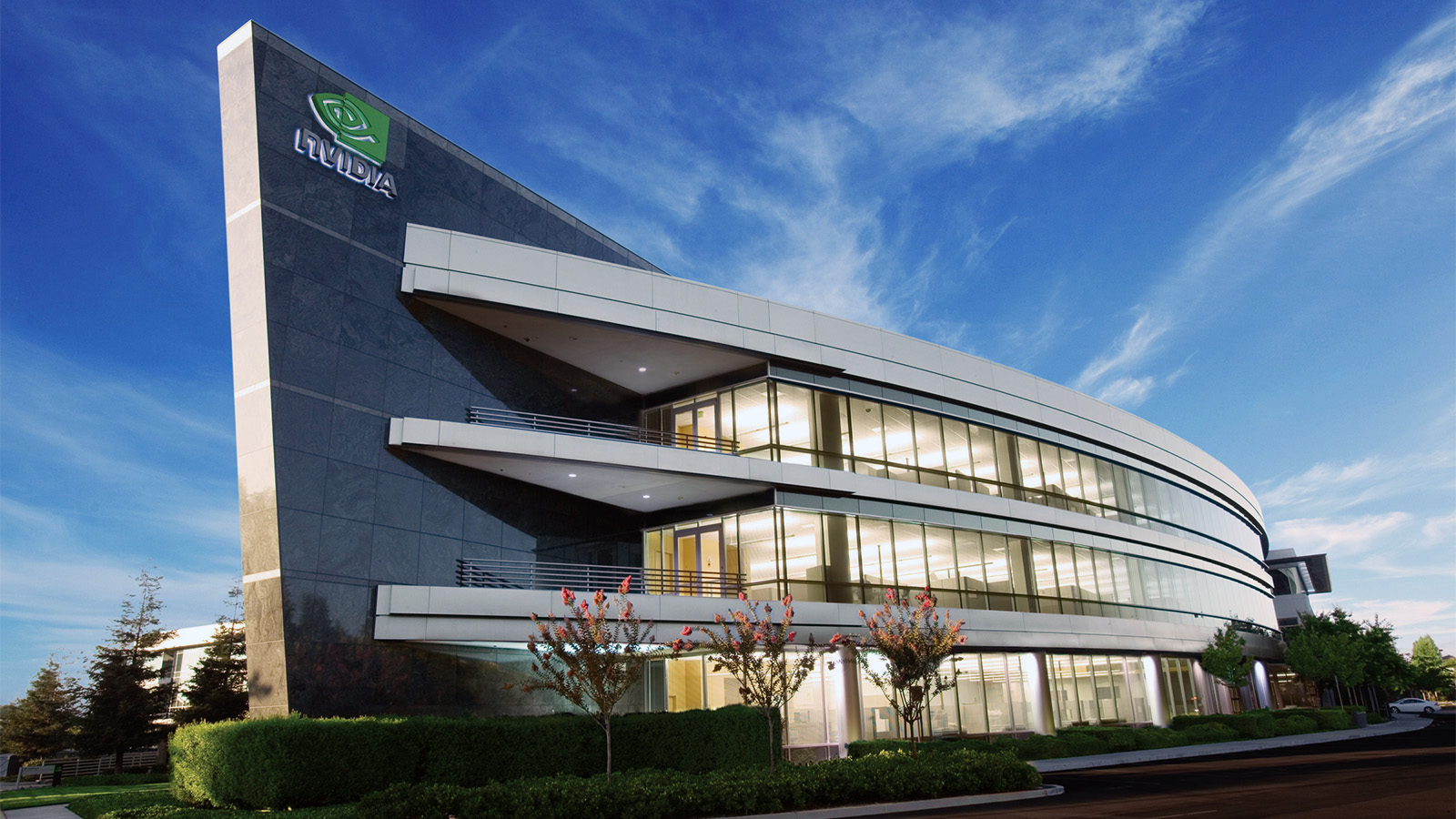The French Autorité de la concurrence (Competition Authority) appears likely to soon charge Nvidia with anti-competitive business practices, according to sources obtained byReuters. The charges would come nine months afterthe Competition Authority raided Nvidia’s French offices, and hinge on Nvidia’s complete dominion over the AI compute space.
Nvidia, which recently became thelargest company by market cap in the world(currently in 3rd place at the time of writing), has climbed to this great height thanks to the AI boom. Sparked by the rise ofChatGPTand other generative AI for consumers andmachine learningforenterpriseapplications, Nvidia has established itself as the only place to buy shovels for the AI gold rush, asits graphics cards are the best solutionfor high-level AI computing. Billion-dollar orders likeElon Musk’s purchase of 100,000 H100 GPUshave become routine headlines for Nvidia.

This monopoly is the source of the French Competition Authority’s concern. The regulatory boardpublished a report last Fridaysurveying the state of the AI market and investigating how much competition and therefore innovation is allowed in its current state. In this report, the Competition Authority expressed concern over the risk of abuse by chip providers. Specifically mentioned was “the sector’s dependence on Nvidia’s CUDA chip programming software (the only one that is 100% compatible with the [Nvidia] GPUs that have become essential for accelerated computing).” A red flag was also raised byNvidia’s investments in AI cloud providers like CoreWeave, investment partnerships that may unduly inflate Nvidia’s market performance.
The Authority also outlines potential risks from chip providers, including price fixing, production restrictions, and unfair contract conditions/behaviors. While Nvidia is not expressly accused of these potential offenses, Nvidia is the only chip provider named in the report. The AI market’s overwhelming dependency on Nvidia hardware was not a major concern point for the Authority, which seems to have found alternative sources likeGoogle’s TPUAI accelerators to be sufficient competition.

Nvidia risks a maximum penalty of 10% of its annual global revenue in fines if found to be breaching French antitrust and anti-competition laws. This assumes that the French government will pursue legislation against Nvidia and that Nvidia would receive the highest punishment, which is an unlikely but dizzying prospect for the tech giant.The house that Huang built also faces stormy waters back in the United States, where Nvidia seeks to gain an export license to send its products to theheavily sanctioned Middle East. The FTC continues to monitor Nvidia sinceblocking its attempted $40 billion Arm mergerin 2022.
Get Tom’s Hardware’s best news and in-depth reviews, straight to your inbox.
Sunny Grimm is a contributing writer for Tom’s Hardware. He has been building and breaking computers since 2017, serving as the resident youngster at Tom’s. From APUs to RGB, Sunny has a handle on all the latest tech news.